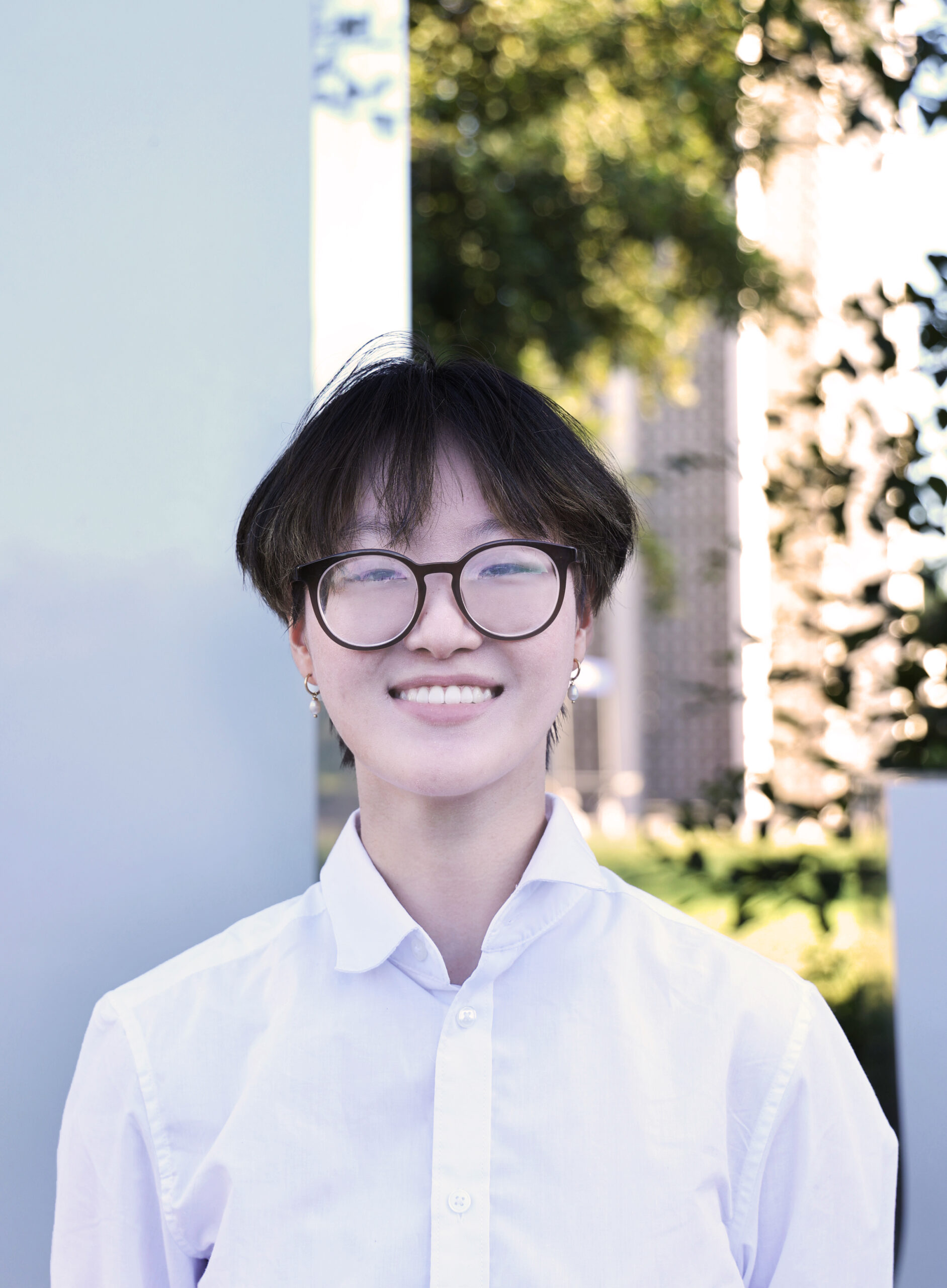Students and faculty alike identified the significance of proactive effort by our institutions in mitigating the consequences of pollution and enforcing transformative sustainability policies. Since as early as the 1960s, the academic community has made efforts to promote sustainability. Student-led organizations lobbied for green programs and policies throughout the UC system. Some early efforts included an organic farm created at UC Santa Cruz in 1967 and student-run public bus system started in 1968 at UC Davis. UC students and the California Student Sustainability Coalition worked with the UC administration to build a systemwide guideline that transformed all UC campuses. The guideline includes energy efficiency, recycling, waste reduction, use of renewable resources, and environmentally friendly construction methods.
The UC’s institutional commitment to sustainability began in 2003 through student-led initiatives that resulted in the UC Regents adopting the Presidential Policy on Green Building Design and Clean Energy Standards in 2004. Since adopting these policies, the UC has expanded to include climate protection, procurement, transportation, water systems, food services, and healthcare facilities.
Recently UCR was awarded three top 10 rankings by the Advancement of Sustainability in Higher Education’s Sustainability, Tracking, Assessment and Rating System, or AASHE – STARS. STARS ratings are based on the overall submissions reported by the institution. Reports are done either through an internal review by one or more individuals affiliated with the institution, but who are not directly involved in the data collection process for the credits they review or an external audit by those affiliated with other organizations
UCR tied for No. 5 in sustainable investment and finances, No.6 in well-being and work, and No. 9 for water conservation efforts.
UCR reported several points of distinction. This collaboration between Riverside Public Utilities, SunPower, UCR Business and Administrative Services, and Research and Economic Development enabled UCR’s recent projects: the installation of over 9,600 solar panels in two campus parking lots. This system is projected to provide an additional 4.3MW of renewable energy for a total of approximately 8 MW campus-wide.
The Green Campus Action Plan (GCAP) is a student-led organization that provides Green Grants, sustainability internships, and large-scale campus initiatives through student fees. As of 2020, GCAP has provided $203k through Green Grants, $187k through sustainability internships, and $327k to large-scale initiatives. These projects include the Glove Recycling Program, Fair Trade Festival, and Hydration Stations, which help educate the campus community about engaging in sustainable practices.
UCR reported that the R’Garden is committed to increasing local food access in Riverside and emphasizing the importance of a sustainable food system. Its 8 acres of row crops, tree orchard, and community plots provide the community with internship, volunteering, and employment opportunities and provides local and campus food banks with fresh produce. Student unrest of R’Garden’s refusal to pay a livable wage and its hazardous working conditions were not considered in the report. A key component of the garden is the solar greenhouses which not only allow light to enter for plant growth, but the roof panels can also capture solar energy that can be used to make the greenhouse operation more energy efficient.









